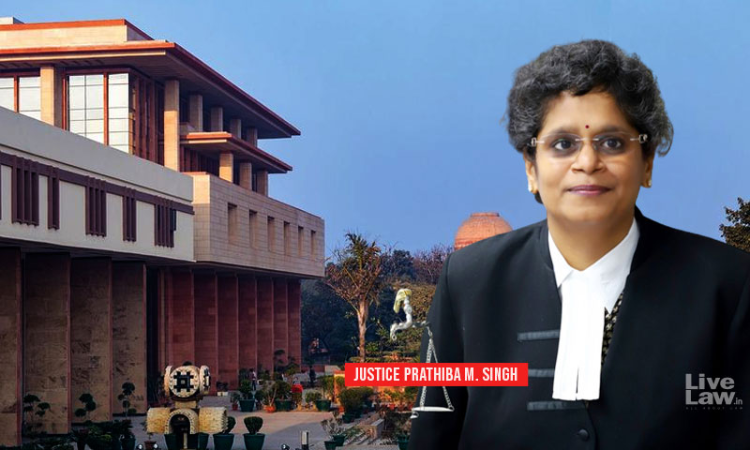The Delhi High Court has directed the government to release a sum of Rs. three lakh ex-gratia payment to a two-year-old who lost his vision after premature birth at Guru Gobind Singh Government Hospital."This Court observes that the newly born child has turned blind due to various unfortunate circumstances," said the court.The minor was born on June 28, 2020, as a premature child in the 29th...

